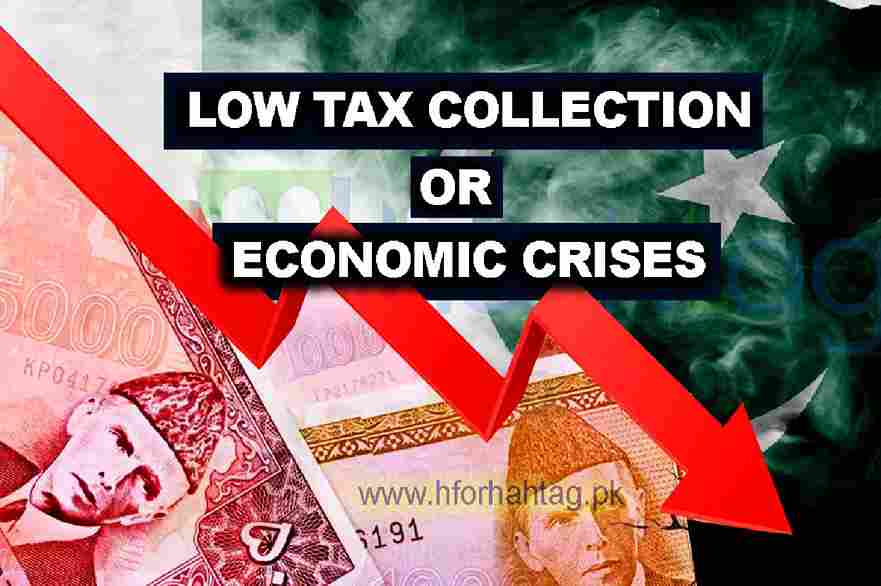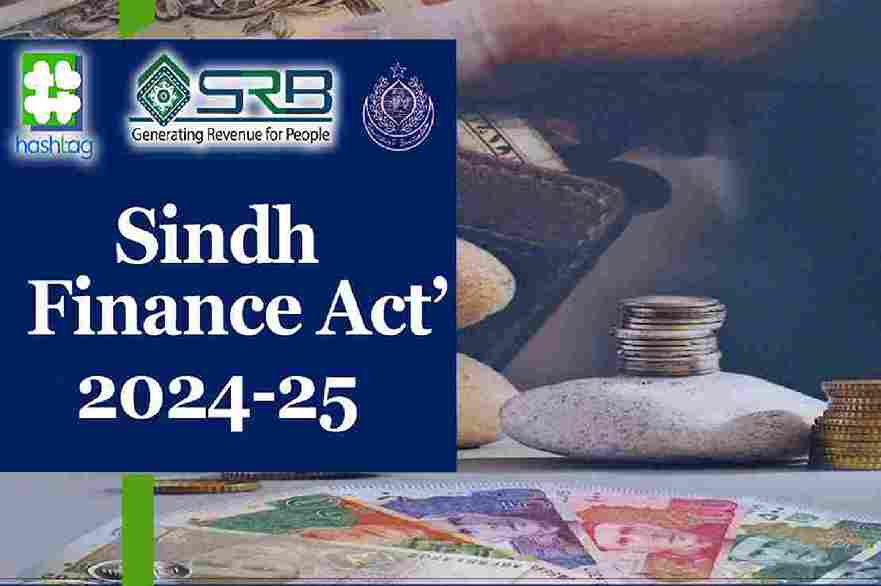Some Tax Statistics of 2024-25.

Some Tax Statistics of 2024-25
January 29, 2025
Over 44% tax filers declare zero income
as Pakistan’s tax base remains narrow: Report
Total number of Tax filers in 2024-25
Individuals 5,800,000
Associations of Persons (AOPs) 104,269
Companies 87,900
|
Received Tax returns 5.9 million |
Declared Income |
Ratio |
|
2.6 M |
Rs. 0 |
44.1% |
|
2 million |
Rs. 900,000 |
33.9% |
|
1.3 million |
Rs. 1 to 5 million |
22% |
|
272,112 |
up to Rs. 400,000 |
4.6% |
|
187,741 |
Rs. 400,000 to Rs. 500,000 |
3.2% |
|
97,326 |
Rs. 5 million to Rs. 10 million |
1.6% |
|
49,359 |
Rs. 10 million to Rs. 50 million |
– |
|
4,370 |
Rs50 million to Rs. 100 million |
– |
|
3,651 |
up to Rs. 100 million |
– |
|
12 |
up to Rs. 10 Billion |
– |
This is a decline from previous years,
5.9 million Filers recorded in 2024
6.8 million filers recorded in 2023
6.3 million Filers recorded in 2022
A major gap exists in corporate filings, as Pakistan has over 300,000 industrial electricity connections, yet only 87,000 companies have submitted tax returns.
Tax Collection Efficiency:
Rs.10 trillion declared earnings yielded Rs. 2.9 trillion in taxes (~29% effective rate). However, low compliance among high earners likely undermines potential revenue.
Comparison with Past Years:
|
Year |
Tax-to-GDP Ratio |
|
2022 |
~10.3% |
|
2023 |
~9.5% (due to flood impacts and economic contraction) |
|
2024 |
10–11% (projected) |
Pakistan’s tax-to-GDP ratio is far below the global average (~15% for low-middle-income countries) and regional peers like India (17–18%) and Bangladesh (12%).
Why Progress is Slow:
- Trust Deficit: Public distrust in government spending discourages compliance.
- Exemptions & Loopholes: Powerful lobbies (e.g., agriculture, property tax exemptions, and textiles) resist taxation.
- Economic Crisis: High inflation and currency depreciation reduce disposable income and business profits.
Pakistan’s tax system suffers from structural issues, including evasion, a narrow base, and corporate non-compliance. The FBR’s proposed reforms could pressure compliance but must be part of broader systemic changes: enhancing transparency, modernizing data systems, and formalizing the economy. Without addressing enforcement and institutional trust, reforms risk limited.
“quote”
This quote is attributed to Ibn Khaldun, a 14th-century Arab historian and philosopher, from his work Muqaddimah.
“At the beginning of a dynasty, taxation yields a large revenue from small assessments.
At the end of the dynasty, taxation yields a small revenue from large assessments.”
Ibn Khaldun:, Muqaddimah (1377).




